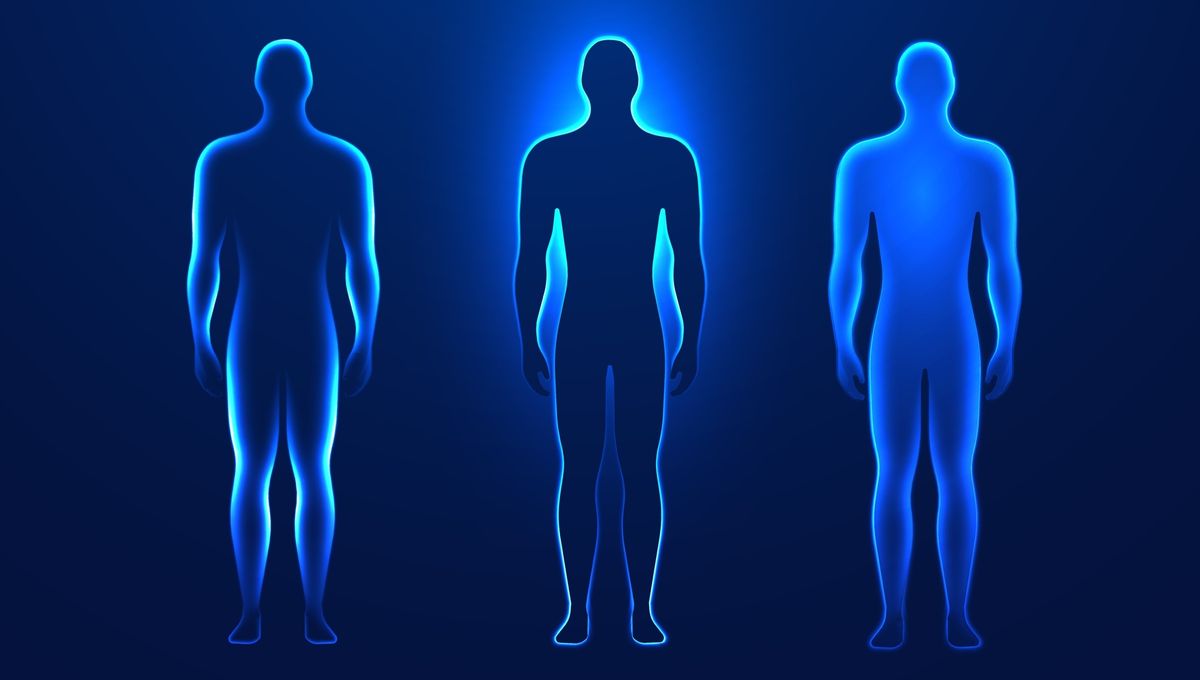
It’s a fun “fact” that many of us will have heard before: our bodies apparently replace themselves every seven years. Trouble is, that’s not true – so what actually does happen?
ADVERTISEMENT GO AD FREE
First, it’s probably a good idea to understand why this has become such a popular myth. It possibly comes down to a 2005 paper that used a new (at the time) method to date human cells, with one of the authors of said paper reportedly saying that, taking into account all human cells, the average cellular lifespan might be around seven to 10 years.
If the human body were just a blob made up of a singular type of cell, then perhaps there would be at least some element of truth to the popular misconception – every seven years or so, they would all pop out a spare one and then die at the exact same time, like clockwork.
The reality, however, is that our bodies are composed of a complex array of cell types with different needs and functions, arranged into organs with different needs and functions. That means that some cells in the human body regenerate themselves much more quickly than others – and an average figure doesn’t provide that detail.
Take the cells that make up the very top layer of our stomach lining, the surface mucous or foveolar cells. Their purpose is to produce mucus that protects the inside of the stomach from the corrosive acid that it produces. Being the first line of defense means it’s pretty important that they’re in tip-top shape; with that in mind, it makes sense that they have a fairly rapid turnover of around 10 days.
In fact, gastrointestinal epithelial cells (those lining the entirety of the digestive tract, not just the stomach) make up around 12 percent of the cellular turnover that the human body sees each day; that’s no small amount, seeing as the entire body turns over 330 billion cells daily.
The largest proportion, however, is accounted for by blood cells, with red blood cells – which have an average lifespan of around 120 days – making up 65 percent of the total daily turnover, and all blood cell types, nearly 90 percent.
ADVERTISEMENT GO AD FREE
Then there are the cells that we carry with us for our entire lives, like those in the central nervous system. That’s why brain and spinal cord injuries are considered to be so serious – the neurons involved typically don’t spontaneously regenerate. Without damage though, they’ll last as long as the body they’re in does – and some scientists think they might even continue on after that if they’re transplanted.
All “explainer” articles are confirmed by fact checkers to be correct at time of publishing. Text, images, and links may be edited, removed, or added to at a later date to keep information current.
Source Link: Does The Human Body Really Replace Itself Every 7 Years?